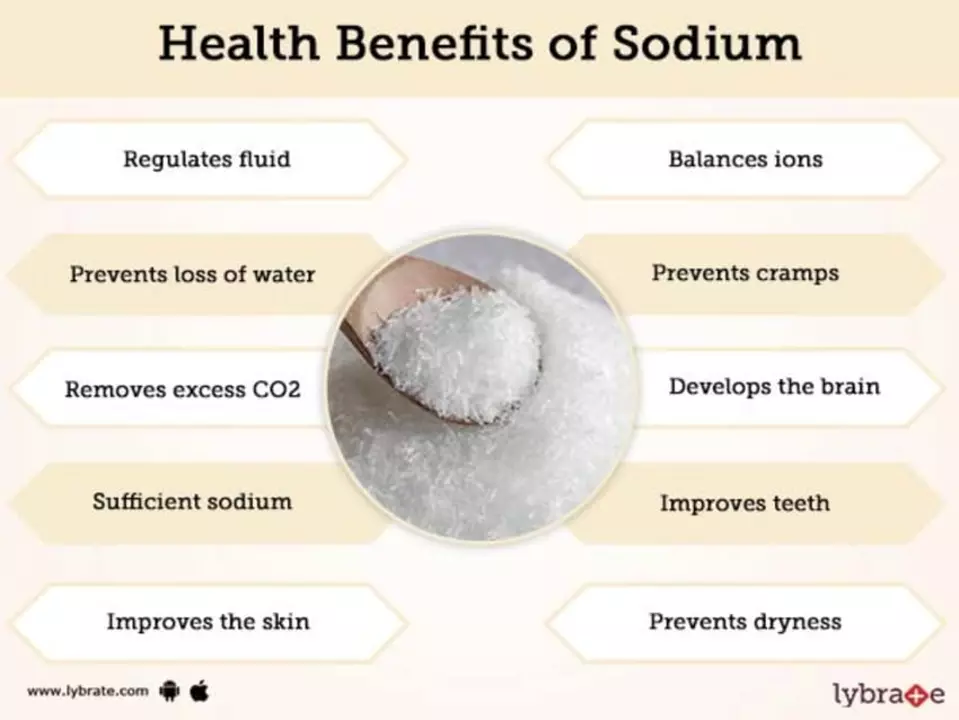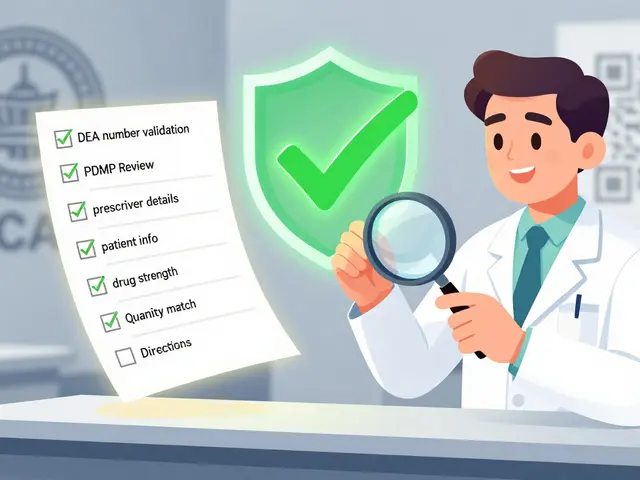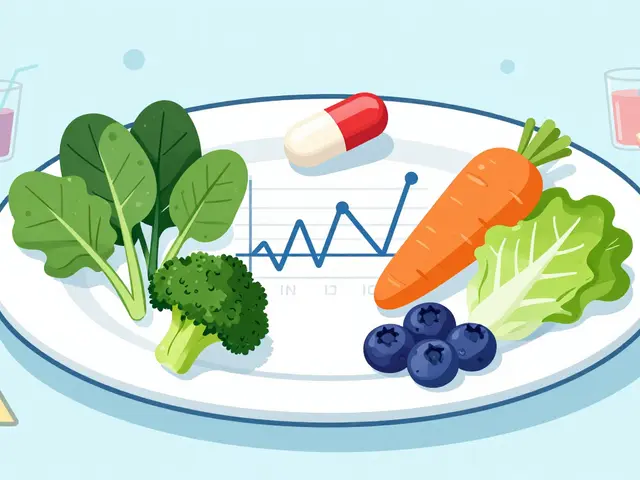Medication Risks: What to Watch For and How to Stay Safe
Not all medicines are safe for everyone. Side effects, drug interactions, counterfeit pills, and risky online sellers can turn a helpful drug into a danger. This page collects clear, practical tips so you can spot problems, protect yourself, and find reliable info fast.
Common risks and how to spot them
Side effects are the most obvious risk. Read the leaflet and look up the active ingredient, not just the brand name. If you start unexpected symptoms—rashes, breathing trouble, severe stomach pain, fainting—stop the medicine and get emergency care.
Drug interactions can be subtle. Tell your doctor or pharmacist every prescription, over‑the‑counter drug, and supplement you take. Even herbal products like St. John’s wort can make antidepressants or birth control less effective.
Counterfeit and low‑quality meds are a real problem online. Pills that look different, have no batch number, or come in flimsy packaging are red flags. Avoid sellers that skip prescriptions, use offshore addresses without verifiable registration, or disappear when you call.
Storage and shipping matter. Some drugs need refrigeration or light‑protected packaging. Heat, damp, or long transit can reduce potency. If a package feels warm or the tablet is discolored or crumbly, don’t use it—return it and report the seller.
Practical checks before you buy or take medicine
Check credentials. In the UK look for a GPhC number; in the US check for NABP or state board registration. Legit pharmacies list a physical address and licensed pharmacist contact. Call and ask a simple question—if no one answers or the reply is vague, walk away.
Require a prescription. If a site sells prescription meds without asking for one, that’s a major danger sign. Prescriptions exist to ensure the drug suits you, the dose is safe, and interactions are checked.
Verify the product. Match the pill shape, color, and imprint with a trusted pill identifier. Check expiration dates and batch numbers. If possible, buy from well‑known pharmacies or those recommended by official regulators.
Know the legal and import risks. Some countries limit what you can import. For example, the FDA has strict rules on personal imports. If something sounds like a loophole, don’t assume it’s safe.
When in doubt, ask a professional. Pharmacists can often confirm whether a drug looks right or whether an online seller is legitimate. Your doctor should approve major changes, like switching from prednisone to an alternative or starting new psychiatric meds.
Quick emergency signs: severe allergic reaction (swelling, breathing difficulty), sudden chest pain, fainting, seizures, or signs of overdose. If any of these happen after taking a drug, call emergency services immediately.
Want deeper reads? This tag collects articles on buying meds online, side effects, safer alternatives, and pharmacy reviews. Use these guides to make smarter, safer choices about your medication.





